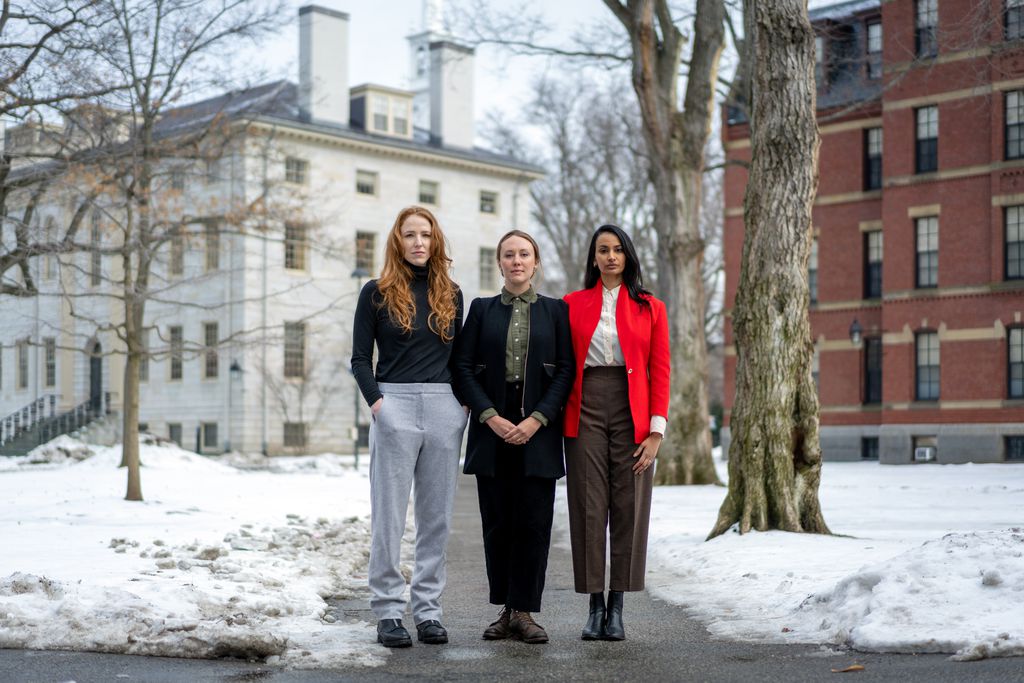Three higher education students are accusing the institution of ignoring sexual harassment allegations about Professor John Comaroff and allowing him to intimidate students by threatening their academic careers if they reported him.

The focus of the Me Too (Me Too) Movement, which has been growing in academia in recent years, has been on the lawsuit against Harvard University this week.
Harvard University students Margaret Czerwienski, Lilia Kilburn and Amulya Mandava, are suing the university for failing to consider sexual harassment allegations against Anthropology Professor John Comaroff.
In the shared lawsuit petition, it is stated that Comaroff forcefully kissed and harassed one of the students in 2017. Another highlight is that Comaroff threatened to terminate the careers of two students if they reported his behaviour to the school administration.
There are further details of other cases of sexual harassment, coercive control and lack of professional behaviour in the petition.
What srikes the women is the amount of time that has passed to take action on these complaints.
The students note that they complained about Comaroff about five years ago. After all three women filed a complaint with the university, limited findings have been published, downplaying the seriousness of the alleged behaviour.
New York Times reporting demonstrates the seriousness of the complaints
In her reporting, Anemona Hartocollis from New York Times gives the details in the court papers that demonstrate the seriousness of the complaints:
In the winter of 2017, as Kilburn was trying to decide between Harvard and Columbia, Dr Comaroff took her to lunch and, according to the lawsuit and an interview, while saying goodbye, pressed against her and kissed her on her mouth. According to the complaint, he whispered, “Go visit Columbia, but then come back here,” according to the complaint.
She continues: “I was desperate to think that it was an accident, but his subsequent behaviour made it clear that it was not,” she said. During a brunch at his house, he followed her as she went to get her bag, she said, and once again leaned in for a kiss.
Hartocollis further adds that: “Ms Kilburn pushed him away and wiped her mouth, only to find Professor Comaroff smiling at her,” the complaint says. She began avoiding him, skipping weekly meetings and dressing more conservatively, the complaint says. Another time, he squeezed her thigh while passing by her in a lecture hall.”.
Academics supporting Comaroff withdraw their signatures
Comaroff was put on unpaid leave by the university late last month after Harvard’s own investigations found the professor violated the school’s sexual harassment and professional behaviour policies.
Following the decision, 38 faculty members signed a text questioning the investigations and sanctions against Comaroff. In the letter, they described him as an ‘excellent colleague’. While many withdrew their signature from the text, this case reveals that radical change is needed to prevent sexual harassment in academia.

